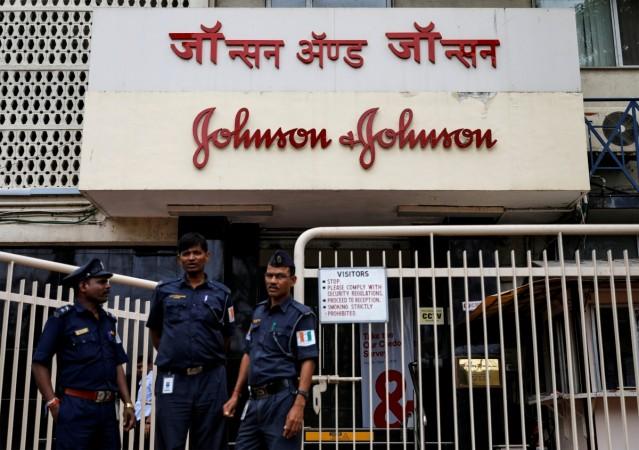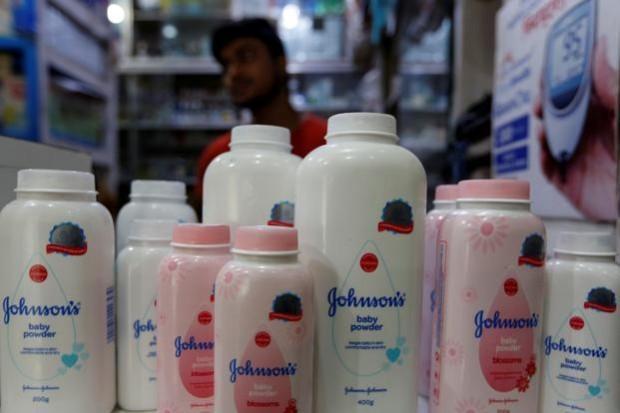
US healthcare giant Johnson & Johnson has been caught in the crosshairs of Indian drug regulators once again after the company's 'No More Tears' baby shampoo was found to contain a cancer-causing substance. The Drugs Control Organisation of Rajasthan has claimed to have discovered formaldehyde in two batches of the popular shampoo and subsequently, a notice has been sent to authorities across the country. The regulator has labelled some samples of the baby shampoo as "not of standard quality" and said the product contains "harmful ingredients".
Formaldehyde has been classified as a human carcinogen by the International Agency for Research on Cancer (IARC). In June 2011, formaldehyde was added to the list of known human carcinogens by the US Department of Health and Human Services. The report by the Rajasthan drug control body has come as a surprise to authorities and consumers as the healthcare major had claimed to have settled the issue five years back. In 2014, buckling under pressure by consumers, Johnson & Johnson had claimed to have removed potentially harmful chemicals such as formaldehyde and 1,4-dioxane from shampoo and dozens of other products.
All the contaminated samples were manufactured at Johnson & Johnson's facility in Baddi, Himachal Pradesh. Johnson & Johnson has refuted the drug regulator's claim and has assured that the company's products are "safe". "We have contested the interim test results of the government analysis that were based on unknown and unspecified methods. The government did not disclose the test methods, details or any quantitative findings. This is concerning especially when there is no prescribed test method or requirement for testing formaldehyde in shampoo under the applicable standards," Johnson & Johnson's spokesperson told Mint.

Repeat Offender
The Indian drug regulator had initiated a sweeping probe against the company's baby care products in December after ordering the company to halt the production of talcum powder for babies amid allegations of asbestos contamination. In February, the company was allowed to resume production of baby talcum powder after getting a clean chit from government agencies. In a similar case, last month, the government had directed Johnson & Johnson to pay over Rs 7.4 million to a victim of the company's faulty hip implants. During the hip implant controversy, the company had claimed that Indian laws do not contain any provision for compensation.
The latest findings are expected to once again open the Pandora's Box for the company's products. "Please ensure about the quality of other batches and drugs of said manufacturers available in the market from time to time," the Rajasthan drug regulator said in the notice.















